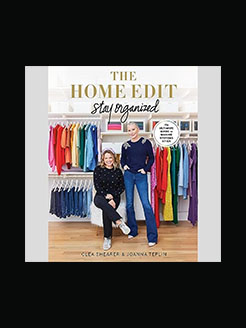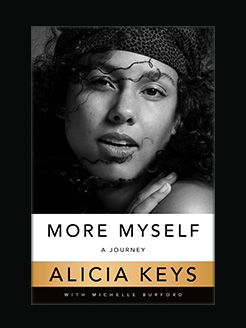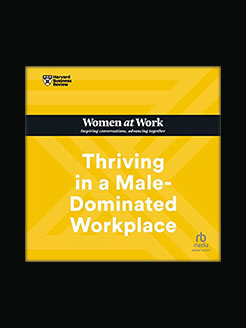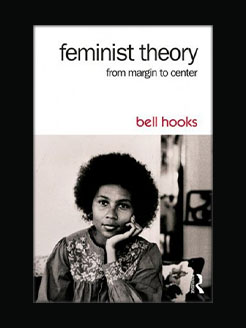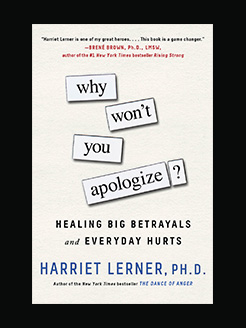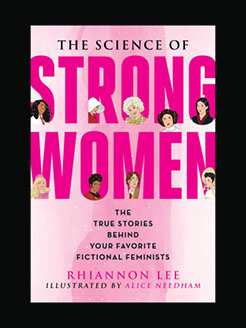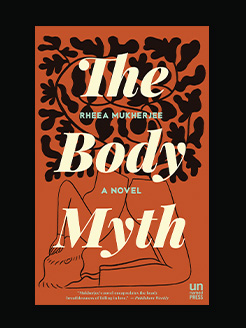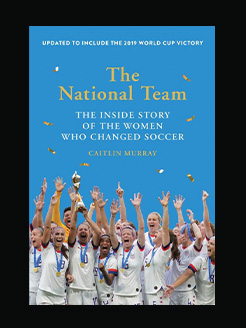Published in 2022
480 pages
Barbara Chase-Riboud is an American novelist, poet, sculptor and visual artist, perhaps best known for her historical fiction. Much of her work has explored themes related to slavery and exploitation of women.
Chase-Riboud attained international recognition with the publication of her first novel, Sally Hemings, in 1979. The novel has been described as the “first full blown imagining” of Hemings’ life as a slave and her relationship with Jefferson. In addition to stimulating considerable controversy, the book earned Chase-Riboud the Janet Heidinger Kafka Prize for the best novel written by an American woman and sold more than one million copies in hardcover. She has received numerous honors for her work, including the Carl Sandburg Prize for poetry and the Women’s Caucus for Art’s lifetime achievement award. In 1965, she became the first American woman to visit the People’s Republic of China after the revolution. In 1996, she was knighted by the French Government and received the Ordre des Arts et des Lettres. She divides her time between Paris and Rome.
What is this book about?
The extraordinary life story of the celebrated artist and writer, as told through four decades of intimate letters to her beloved mother
Barbara Chase-Riboud has led a remarkable life. After graduating from Yale’s School of Design and Architecture, she moved to Europe and spent decades traveling the world and living at the center of artistic, literary, and political circles. She became a renowned artist whose work is now in museum collections around the world. Later, she also became an award-winning poet and bestselling novelist. And along the way, she met many luminaries―from Henri Cartier-Bresson, Salvador Dalí, Alexander Calder, James Baldwin, and Mao Zedong to Toni Morrison, Pierre Cardin, Jacqueline Kennedy Onassis, and Josephine Baker.
I Always Knew is an intimate and vivid portrait of Chase-Riboud’s life as told through the letters she wrote to her mother, Vivian Mae, between 1957 and 1991. In candid detail, Chase-Riboud tells her mother about her life in Europe, her work as an artist, her romances, and her journeys around the world, from Western and Eastern Europe to the Middle East, Africa, the Soviet Union, China, and Mongolia.
By turns brilliant and naïve, passionate and tender, poignant and funny, these letters show Chase-Riboud in the process of becoming who she is and who she might become. But what emerges most of all is the powerful story of a unique and remarkable relationship between a talented, ambitious, and courageous daughter and her adored mother.
